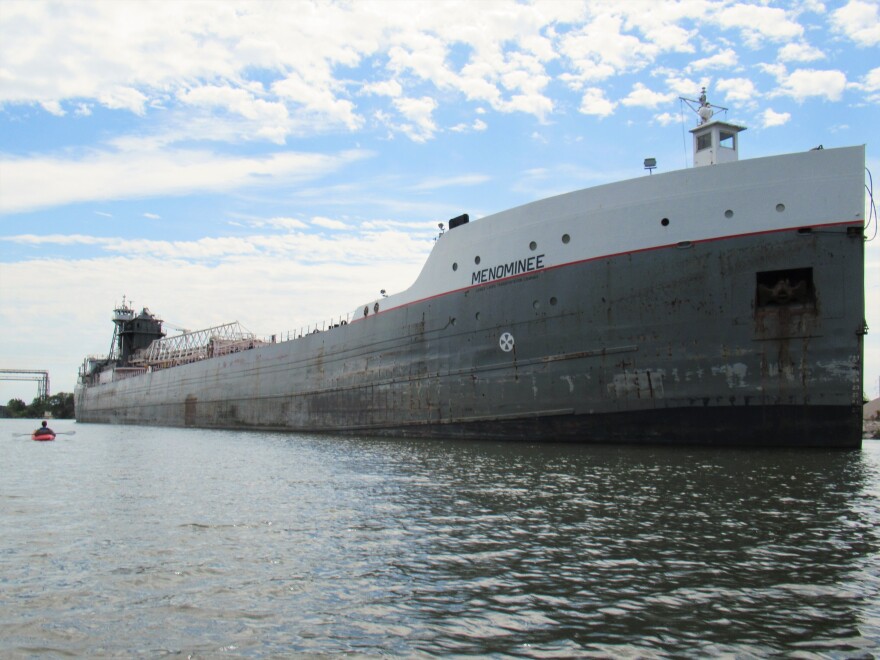Canada is expanding its rules for ballast water in ships. The Canadian Minister of Transport outlined the new regulations intended to prevent the further spread of invasive species in Canada.
Ballast water helps keep ships level by pumping it in or out of the ship when loading and unloading. Doing that also can suck up invasive species such as quagga and zebra mussels and then spread them to the next port.
“The new ballast water regulations will limit the introduction and spread of these species by vessels while protecting Canada’s biodiversity,” said Omar Alghabra, Minister of Transport, according to a release.
The rules require all Canadian ships and all ships visiting Canadian ports to treat ballast water. That includes so-called “lakers.” They are ships which only haul cargo within the Great Lakes.
U.S. Environmental Protection Agency ballast rules exempt “lakers” from treating ballast water, only requiring ocean-going vessels to manage ballast water.
“We’re excited to see that Canada has decided to regulate “lakers” (which) can move invasive species from lake to lake,” said Molly Flanagan with the environmental group Alliance for the Great Lakes.
Canadian officials say the move will cut the spread of invasive species in Canadian ports by an estimated 82% by 2030.
“I think Canada is really looking at what is needed in order to protect the Great Lakes and I hope that EPA is going to follow suit,” Flanagan said.
Canadian officials concede it’s a cost to the shipping companies, but note the total cost to upgrade ships is estimated to be about $227 million (U.S) and will save about $800 million in invasive species damage to fishing, infrastructure, and the environment in Canada.





